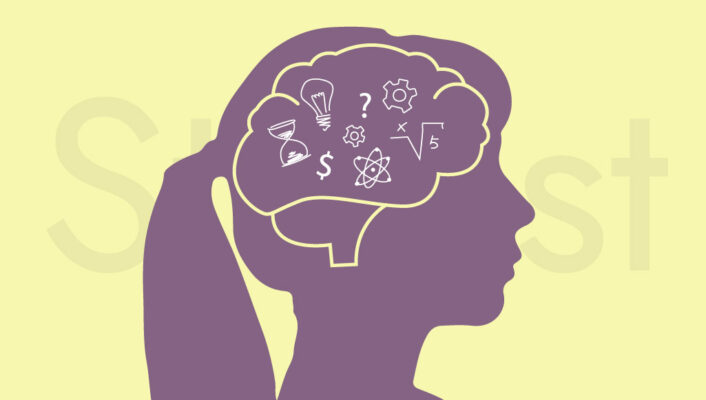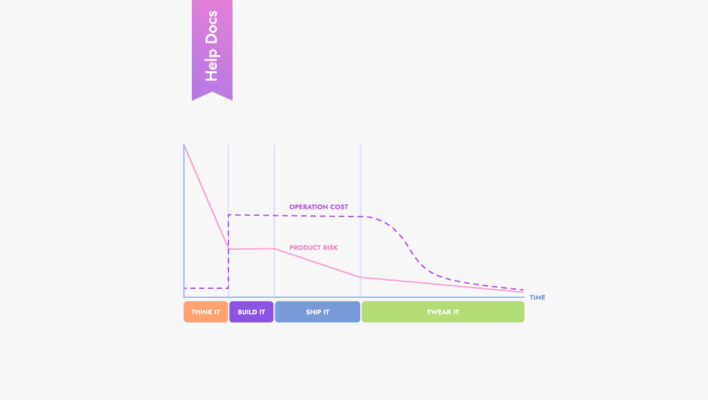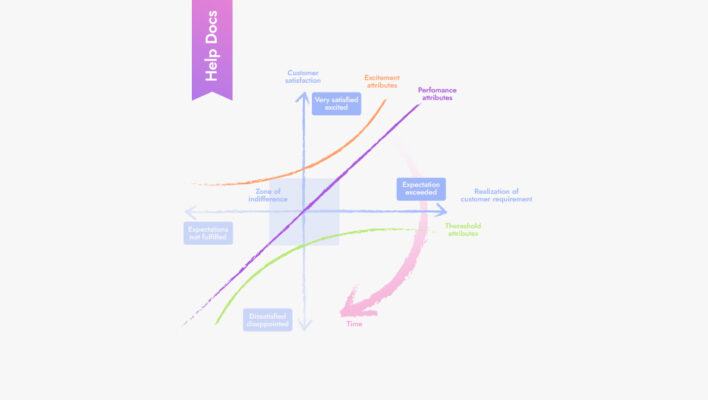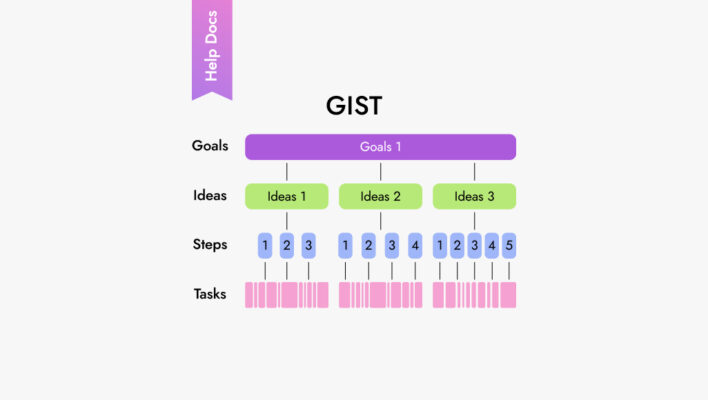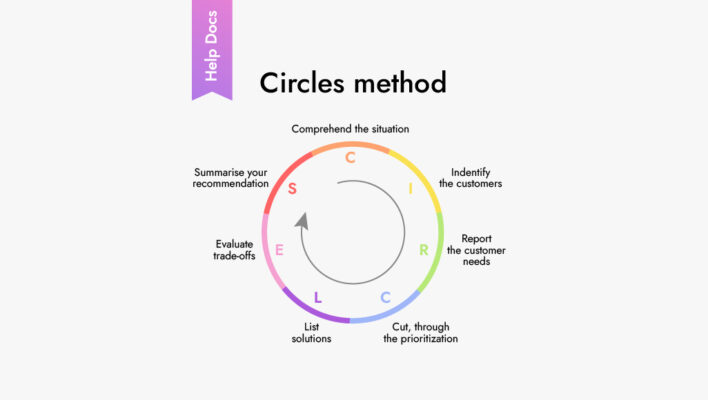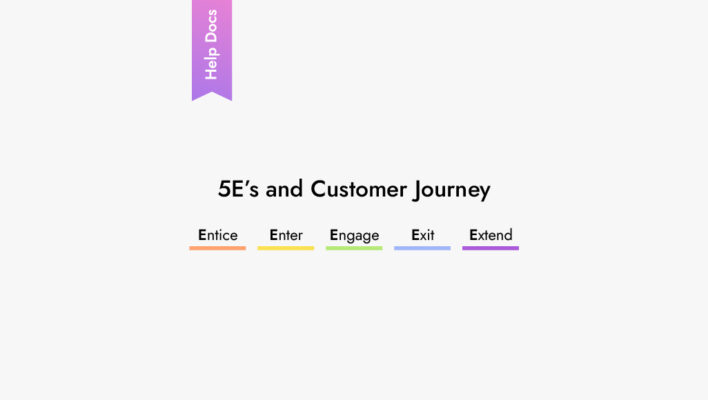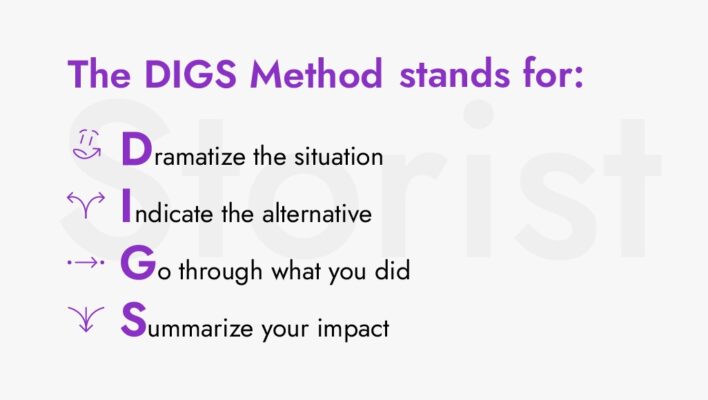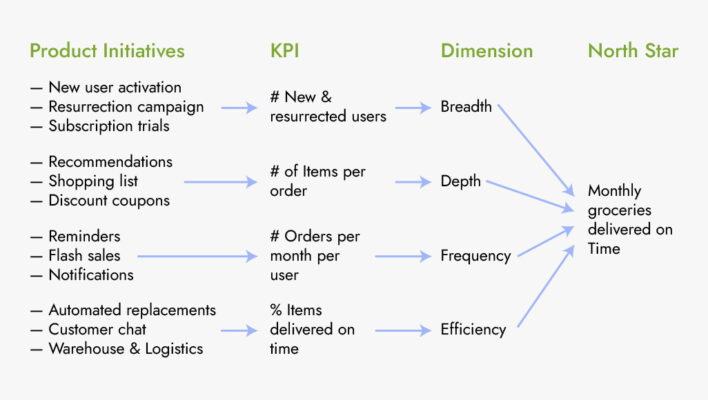The ideal employee – what will attract employers in 2023 and help in building a successful career?
What kind of skills are required from the future employee in order to be competitive and make a successful career? LinkedIn published a list of top soft skills, which the employers seek in their candidates in 2023:
- Leadership
- Communication
- Problem Solving
- Management
- Time Management

In this article you will find experts’ tips on how to improve and develop the most sought-after qualities, which will give you the edge in the job recruiting process and boost your professional development.
Communication and interpersonal skills
Good communication skills will help you come out strong during interviews and build trusting relationships with your colleagues and partners further on.
Successful communication allows you to avoid conflicts and misunderstanding, to find collective solutions and work more productively.
If you want to become more effective in communication and negotiations, stick to the following tips:
- Practice active listening. Effective communicators are always good listeners. It means that you pay attention to your partner, ask consequent questions and specify the details. Give a summary of what your partner just talked about, if necessary. It will help you avoid miscommunication and understand what your partner is trying to get across.
- Focus on nonverbal communication. Pay attention to gestures and body language when talking to somebody at work. Keep an eye contact, limit your hand gestures and maintain a good posture. Remember that nonverbal signals have a big influence on the first impression.
- Seek for the feedback. Ask your colleagues or friends to give you honest feedback about your communicative skills. Develop your eagerness to find out other opinions and build trusting relationships with your colleagues.
- Give public speeches. Regular interaction with groups of people teaches you to form thoughts and feelings clearly. You will get a better feeling of the audience and overcome communication barriers.
Strong communication skills will help you build a successful career and be effective not only at your job, but in everyday life.

Solving problems
When employers talk about problem solving skills, they usually mean the ability to deal with complicated and unexpected situations at work. Although problem solving is often viewed as a skill of its own, it is actually a combination of different skills:
- Analytical thinking
- Active listening
- Critical thinking
- Creative thinking
- Ability to handle stress
In “Thinkertoys: A Handbook of Creative-Thinking Techniques” Michael Michalko offers several techniques for finding solutions using creative thinking. One of the simple and quick ways of brainstorming presented in this book is SCAMPER.

Before applying this method, you need to set a clear task and define the problem that needs to be solved. As soon as the task is set, ask questions using the «SCAMPER» scheme, which includes more than 60 questions for generating ideas and about 200 words for making associations.

“SCAMPER” consists of the following steps:
Substitute — Think how you can replace the problem or its part.
Key questions: Can you replace it? How? With what?
Combine — Try to find out if some parts of the problem can be combined.
Key questions: What might be? Can you combine it? How? Which ones?
Adapt — How can you solve new tasks using already available ways and ideas?
Key questions: What can be extracted? What and from whom? Can you use it? Is there a way? What are other ways?
Modify/Magnify/Minimize — Look for ways of expanding and modifying the ideas. This can lead you to transformation of the current options of solving the problem and to seeing it from a different perspective.
Key questions: What and how? Which? Which and how? Can you modify it? With what?
Put To Other Uses — Could you use the same tools or ideas for a different purpose?
Key questions: How else? Can it be used? How can it be used? What other way? What can be used instead?
Eliminate — Try eliminating, changing or swapping some components – you can narrow down your problems and proceed from the general to the particular.
Key questions: Can you eliminate/change/swap it? What can you eliminate/change/swap? Which one? Do you need to?
Rearrange/Reverse – Is it possible to do everything in reverse or change the sequence of actions? What should be done and how will it look?
Key questions: Which one? Is it possible? Can it be? What will happen?
The SCAMPER method can be used not only for finding a solution, but it is also effective in searching for ideas for developing new or for improving existing products.
Putting the ability of effective problem solving into the list of your skills for a resume can be your advantage during the process of job recruiting. Besides mentioning those skills, it is useful to give particular examples from your experience. For instance, how you have managed to save your company time and money or brought another positive result while solving a problem.
You can find out how to develop creative thinking and learn several techniques of problem solving with the help of interactive summary “How to come up with outstanding ideas and find unusual solutions to any problem”.
Management
Developing management skills is crucial not only for managers and for supervisors, but also for specialists, who want to improve their professional skills and climb the career ladder. Management skills can be practiced by solving everyday tasks in collaboration with colleagues, while leading a project or communicating with contractors.
Company’s success depends much on the effectiveness of its team. Team’s strength is shaped by the company’s culture, and thriving corporate culture can be created only through effective management.
Essential aspects that you need to focus on while building a highly effective team:
- Communication
Well-established communication inside the team improves confidence and motivation of the employees to contribute to achieving common goals.
- Time management
Well-set priorities and tasks allow you to use your time effectively and reach better results with your team.
- Delegating
Trust your team and delegate the tasks. Use feedback for improving the delegating process. By understanding each employee’s abilities and goals, you can give them tasks to spark their professional growth, which will elevate your team’s results.
- Providing transparency
Management can only be successful and effective when the organization is transparent.
Share your results with the team and engage them into collective decision-making.
You can find more information about building an effective team from interactive summary “Corporate culture: how to build an outstanding team”.
Time management
Time is a limited resource. Professionals with strong time management skills can use it flawlessly: to evaluate the tasks correctly, set the priorities and focus on the important. You can reach your goals more quickly as well as solve the tasks in time and without extra stress.
Stephen Covey’s matrix from “The 7 Habits of Highly Effective People” is one of the most popular and simple tools of time and priorities management.

Using this matrix in your professional and everyday life will let you allocate your time and get better results.
Action plan to help you learn Stephen Covey’s technique:
- Make a list of tasks to be done.
- Make a deadline for each task. Realizing the deadlines will make you set the priorities correctly.
- Pick the most urgent things in your list, which have the closest deadlines.
- Sort the tasks based on importance.
- Distribute the tasks in several categories, depending on how urgent and/or important they are. After arranging the tasks in the matrix (see picture above) you will clearly see which ones you should execute first, and which ones you may put off.
Learn more about techniques and about forming useful habits for professional development from the interactive summary “How to raise your productivity” based on Stephen Covey’s book «The 7 Habits of Highly Effective People».
Leadership
It doesn’t matter what position you have: an office manager, a project manager or a head of department. Having leadership qualities is a key factor for building a career and for effective interaction with employees or with a team. Among leadership qualities are often considered good communicative skills, creative thinking, flexibility, ability to accept the changes and taking responsibility.
You don’t have to be a manager or a supervisor to develop such skills. You can do this while occupying any kind of role and by following several tips:
- Be initiative. Don’t limit yourself with the tasks listed in your job description. Think of what can be useful for your department or your company. Try brainstorming the ideas and doing things that are out of everyday routine.
- Take more responsibility. If you have enough experience and you are ready to manage a project or a task by yourself – talk with your supervisor and ask for more responsibilities to develop your leadership qualities.
- Develop specific skills. If there is a particular skill you’d like to develop, make a plan. For example, if you want to develop creative thinking, think about how you can achieve your purpose. It might be going to courses, looking for a mentor or reading books.
In order to make a career, you need to constantly improve your skills, acquire new knowledge and to stay motivated despite all your accomplishments.Not enough time for choosing the literature you need and for reading the books? Storist have prepared and developed interactive summaries based on the most prominent and trusted business books. By completing a summary, you will not only get loads of useful information, but will learn secrets and effective methods to apply in real life. You will also get access to check lists, templates and other materials.
